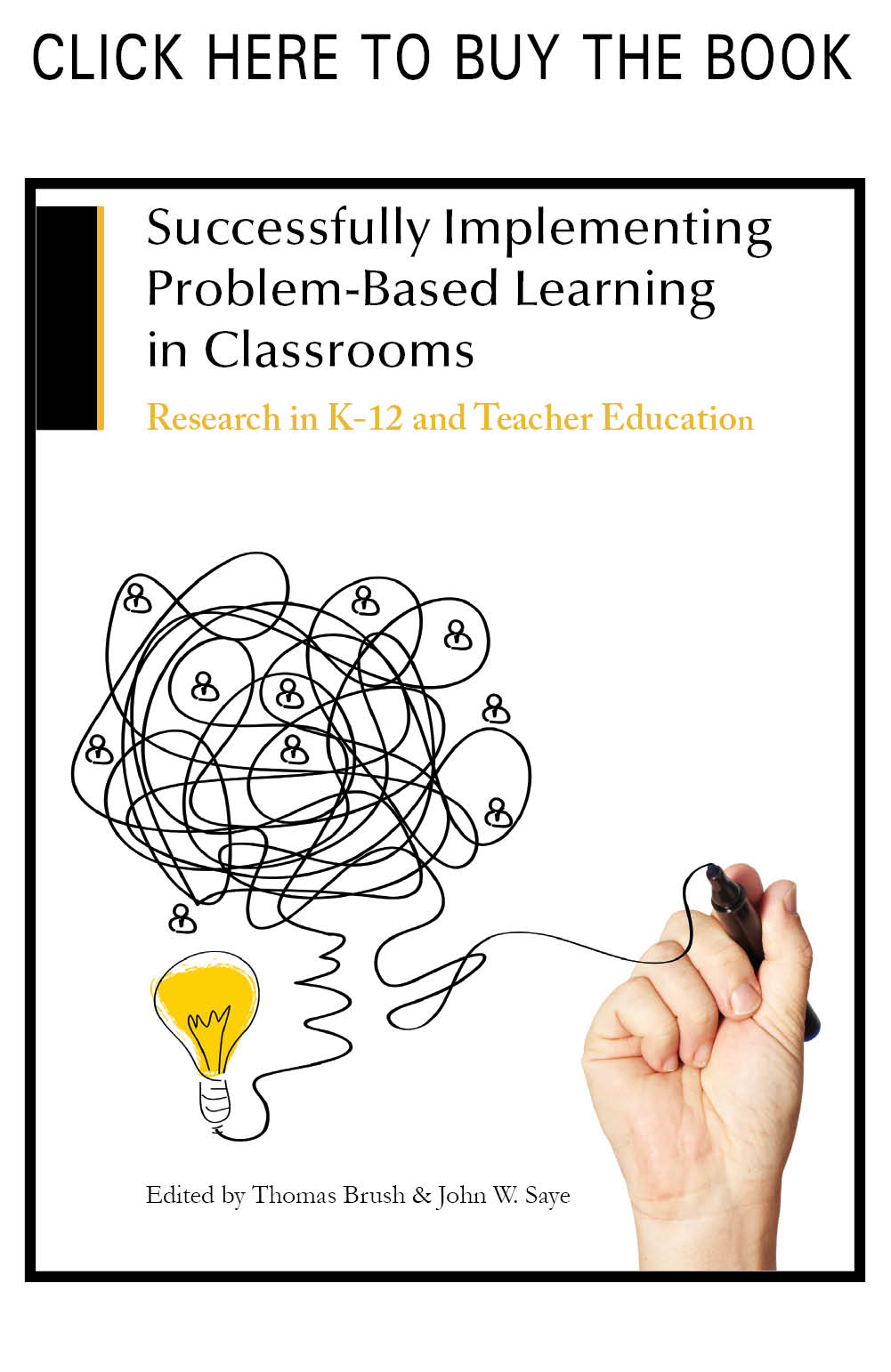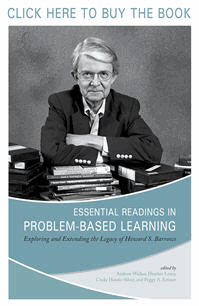Abstract
The current study aimed to explore and articulate some of the key issues in problem-oriented learning (POL), in the context of health care education. Semi-structured interviews were conducted with faculties representing four different health care disciplines around common issues identified in a prior survey study. Thematic analysis of the interview data revealed that POL practice among health care educators includes both problem-based learning (PBL) in the strict sense, and a much broader integration of PBL components into discipline-specific curricula. In both cases, expertise was recognized as an important requirement for an effective tutor, although the range of necessary expertise was context-dependent. Tutor guidance and feedback, as well as sufficient autonomy for students, are crucial to maximize learning in POL. In conclusion, POL was shown to have broadened the instructional technique defined by PBL. Although addressing the same underlying principles, POL may represent a more flexible and inclusive approach to achieve the benefits claimed by PBL.
Recommended Citation
Kang, W. C.
,
Jordan, E.
,
&
Porath, M.
(2009). Problem-Oriented Approaches in the Context of Health Care Education: Perspectives and Lessons. Interdisciplinary Journal of Problem-Based Learning, 3(2).
Available at: https://doi.org/10.7771/1541-5015.1086




